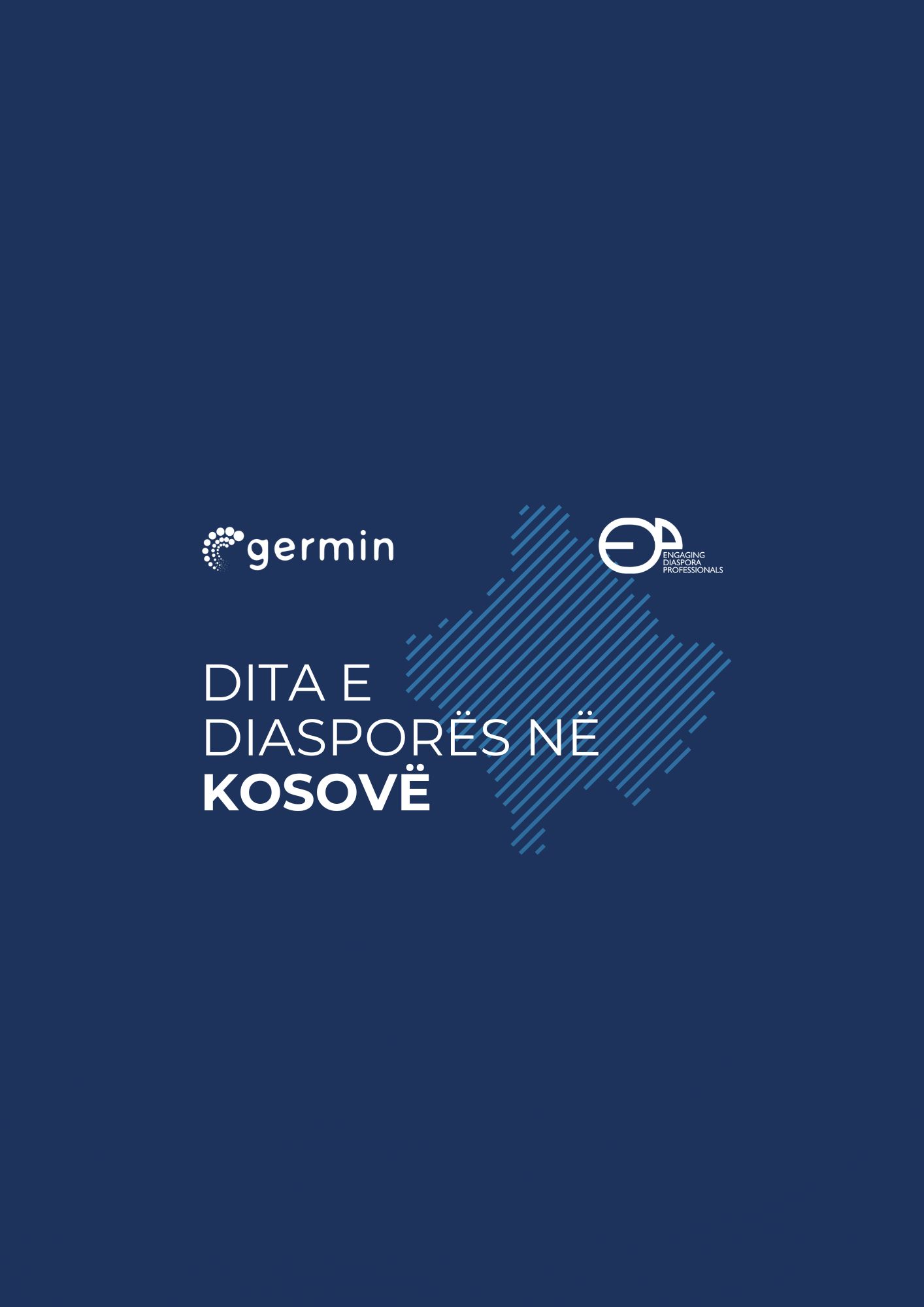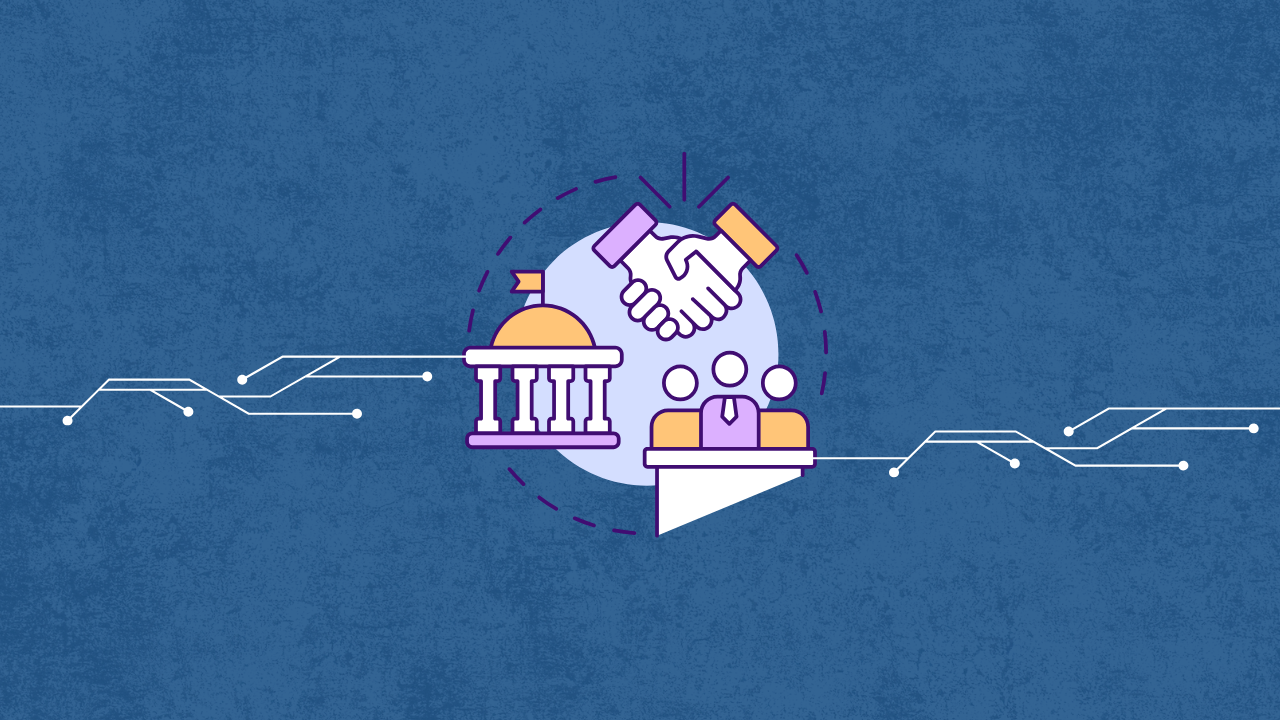In November, for the first time, the three-day conference of the Albanian Diaspora started. In three days “Dispora Flet Në nëntor, për herë të parë, nisi konferenca tre-ditore e Diasporës Shqiptare. Gjatë këtyre tre ditëve, “Diaspora Flet 2020” solli lidhjen ndërmjet profesionistëve nga industri të ndryshme, për të reflektuar mbi angazhimet e diasporës shqiptare gjatë 20 viteve të fundit dhe për 20 vitet në vijim. “Global 2020: Connect. Create. Cooperate” arriti të krijojë ndikimin më të mirë për të fuqizuar bashkëpunimin ndërkombëtar të shqiptarëve në mbarë botën dhe për të kontribuar në rritjen e komuniteteve të diasporës, duke ndihmuar kështu shqiptarët në vend dhe jashtë tij.
Më 20 nëntor 2020, një nga diskutimet më interaktive ishte edhe “Teknologjia, Inovacioni dhe Kontraktimi i Jashtëm”, ku në këtë seancë u paraqitën 6 personalitete të suksesshme në fusha dhe sektorë potencialë të ekosistemit nga e gjithë bota. E moderuar nga znj. Fabiola Duro, themeluese e INNVEST dhe me profesionistë të ftuar në panel, si: znj. Artiona Bogo, Cloud Customer Engineer në Google Cloud; z. Bledi Celiku – Ekonomist i Lartë, Banka Botërore; z. Albi Zhulali – CEO i Softmogul; z. Celik Nimani – Partner dhe CEO në Frakton; znj. Arta Shehu – Bashkëthemeluese e jCoders & Labbox; z. Edi Demaj – Ko-Themelues i KODE Labs, u diskutua gjerësisht për potencialin real të kontraktimit të shërbimeve në vendet e origjinës. Në përgjigje të kësaj pyetjeje, panelistët konsideruan botën digjitale si një nevojë strategjike që ndihmon bizneset përmes të dhënave dhe analizave, për të rritur efikasitetin dhe produktivitetin duke orientuar punonjësit drejt planifikimit.
Një diskutim jashtëzakonisht i rëndësishëm ishte roli i vendeve në një botë gjithnjë e më digjitale, ku analiza dhe të dhënat ofrojnë një avantazh dhe bizneset përdorin teknologjinë si një nevojë strategjike, si një nxitës efikasiteti dhe produktiviteti, si dhe si një mjet për fuqizimin e punonjësve dhe orientimin e planifikimit drejt të ardhmes.
Në një mendim të unifikuar, profesionistët vlerësuan se kjo ishte një mundësi brilante për të bashkuar forcat në ngjarje të tilla që synojnë ngritjen e vendeve tona përmes teknologjisë. Ekzistojnë mundësi të mëdha për të ndryshuar të ardhmen e vendeve tona përmes teknologjisë, nëse gjejmë mënyrat e duhura dhe të qëndrueshme të bashkëpunimit rreth këtij qëllimi të përbashkët. Për të përfituar nga ekonomia digjitale, dy faktorë janë jashtëzakonisht të rëndësishëm: akses në internet dhe kapital njerëzor. Kosova dhe Shqipëria janë mjaft mirë nga ana e aksesit në internet (në Kosovë, 89% e popullsisë ka akses në internet dhe në Shqipëri mbi 79%), por lë shumë për të dëshiruar në aspektin e kapitalit njerëzor, dhe në vende si Shqipëria dhe Kosova sfidat mbeten të mëdha. Kërkohet më shumë punë, sidomos në cilësinë e arsimit dhe rritjen e investimeve (publike dhe private) në sistemin arsimor që këto vende ofrojnë për brezat e ardhshëm.
Përveç kësaj, pjesëmarrësve dhe të ftuarve në panel u krijua mundësia për rrjetëzim profesional duke mundësuar takime ndërmjet bizneseve (B2B) dhe takime ndërmjet bizneseve dhe klientëve (B2C). Një mundësi tjetër që krijoi “Diaspora Flet 2020” për organizatat ishte krijimi i partneriteteve ndërkombëtare përmes prezantimit të qëllimeve dhe objektivave të tyre. Dhe së fundmi, por jo më pak e rëndësishme, ishin bisedat dhe ndarja e historive frymëzuese, prezantimi i projekteve inovative, ideve dhe historive të tyre të suksesit.
Rreth autores: Fabiola është themeluese dhe CEO e INNVEST. Ajo ka më shumë se 15 vjet përvojë profesionale në punën me investitorë engjëj, sipërmarrës, start-up-e, inkubatorë dhe aktorë qeveritarë përmes ndërtimit të kapaciteteve dhe mbështetjes këshilluese. Arritjet e saj profesionale përfshijnë mbi 10 vjet përvojë në strategji për zhvillimin e biznesit, koordinimin dhe drejtimin e proceseve me shumë aktorë, si dhe projekte ndërkombëtare multilateralë ekonomike dhe bashkëpunim në investime, si dhe negociata biznesi në Shqipëri dhe rajonin e Ballkanit.



